Kamaitachi: New Trade Edition
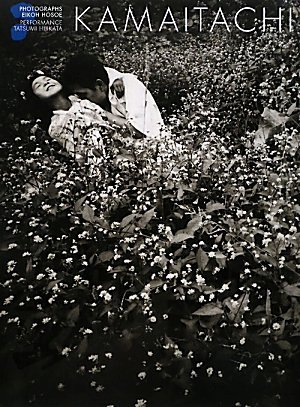
- Price:
- 5,000 yen (JPY)
- Author(s):
- Eikoh Hosoe (photography) and Tatsumi Hijikata (performance)
- Language(s):
- In Japanese
- Size:
- 330 × 250 × 20 mm, 109 g
- Pages:
- 112
- Binding:
- hardcover
- Release date:
- 20091101
- ISBN:
- 978-4-86152-208-6 C0072
[photograph] Books in the category
New Books
NewThe Town You Live In: Reprinted Edition
Yoshiyuki Okuyama
New Books
Readymade: Shinichi Kaneko Photographs
Shinichi Kaneko
New Books
A Portrait for Myself
Kei Ono
New Books



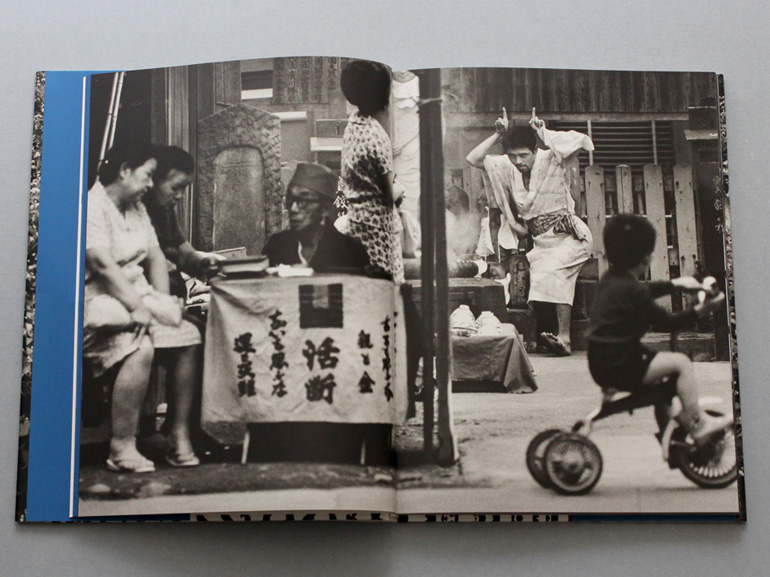

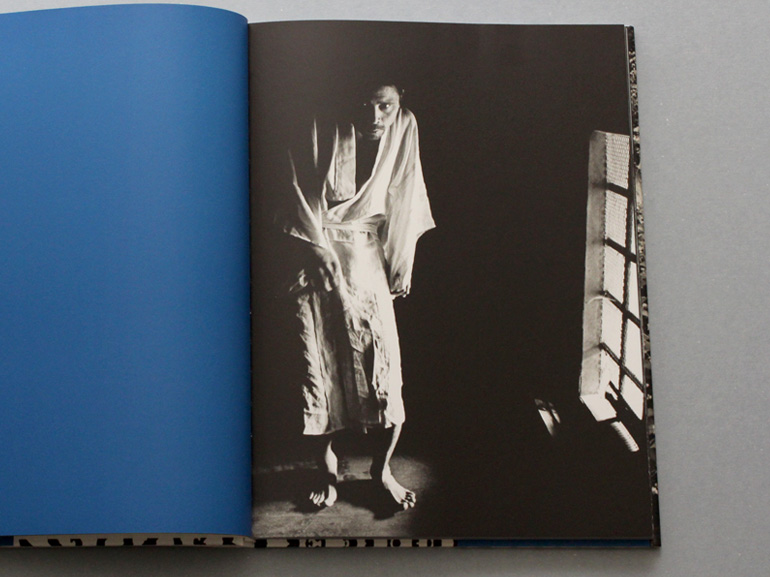
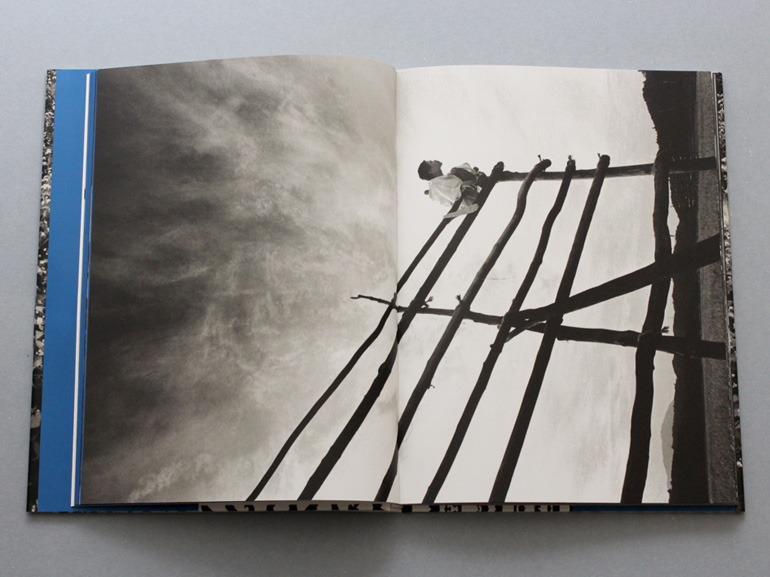
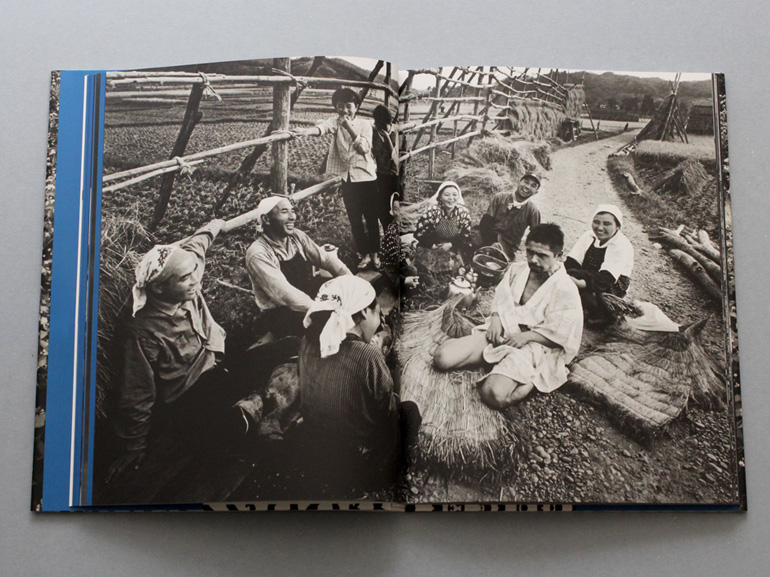
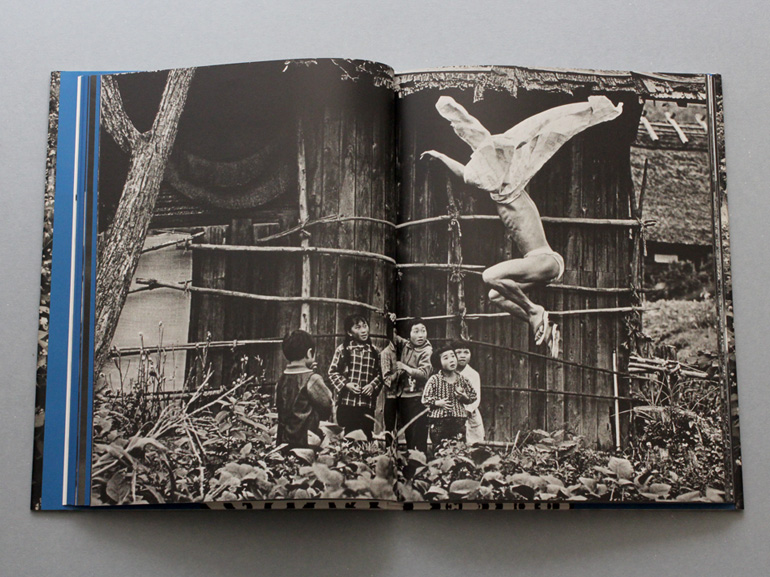
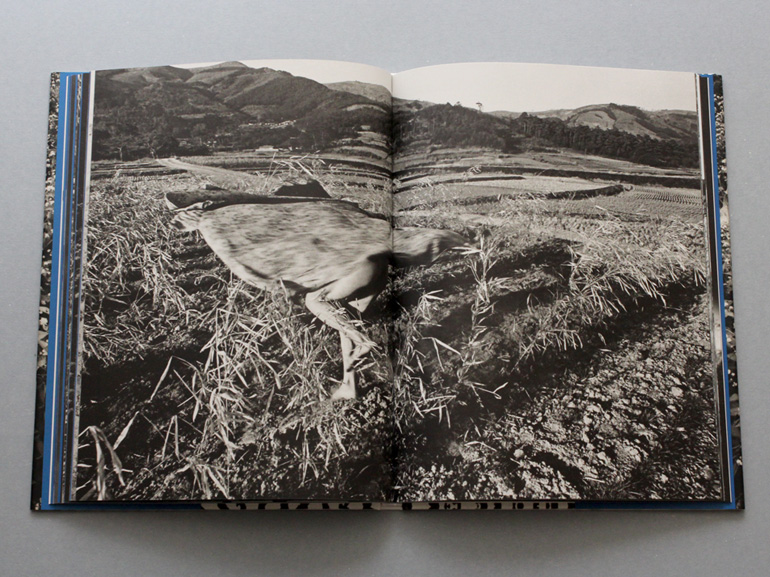
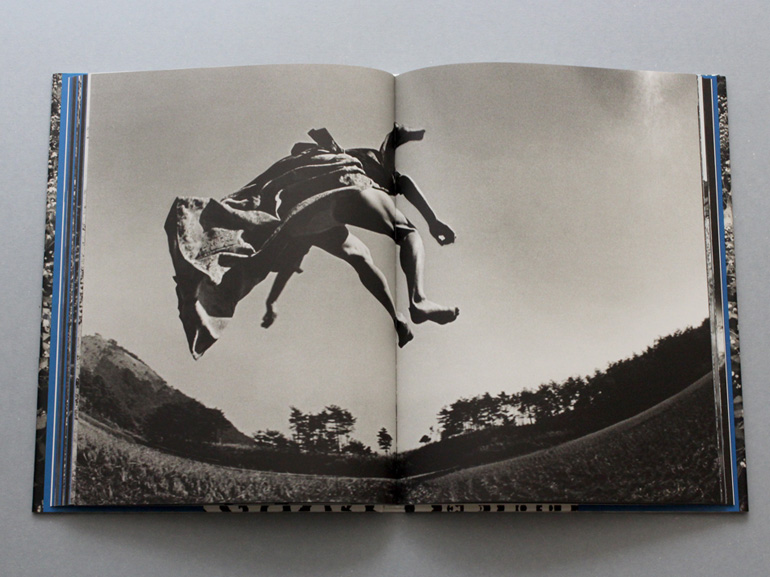
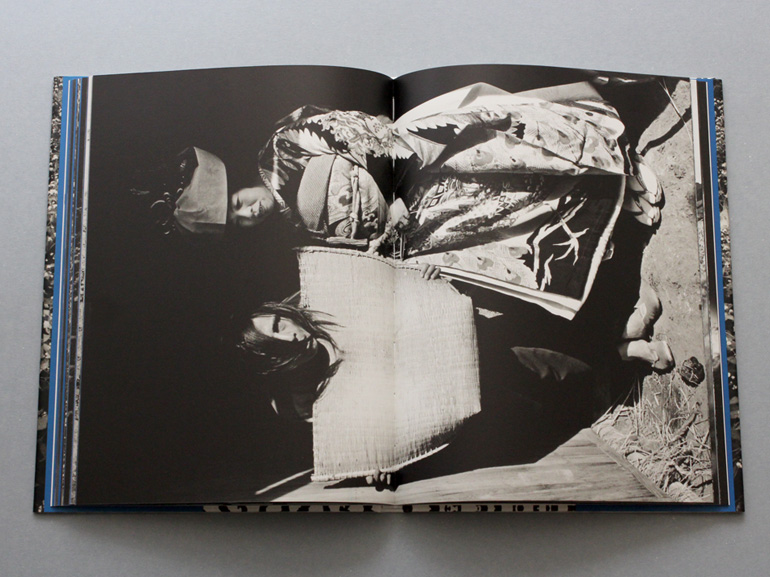
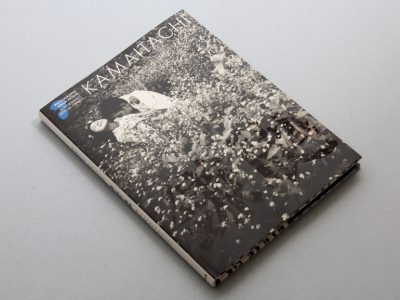
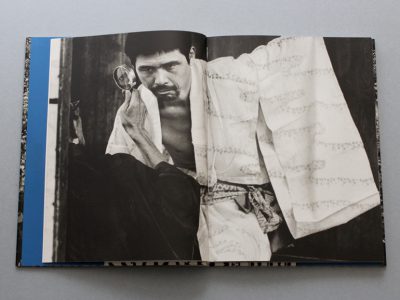
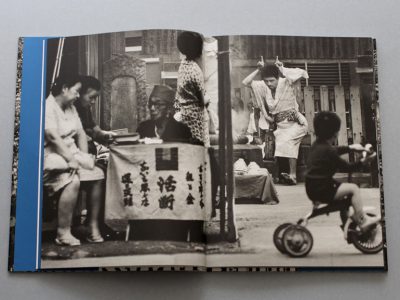
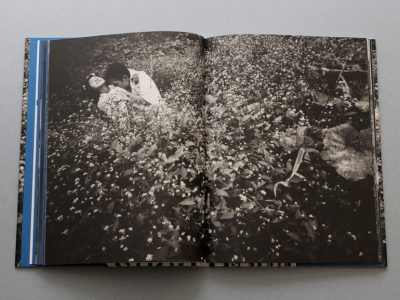
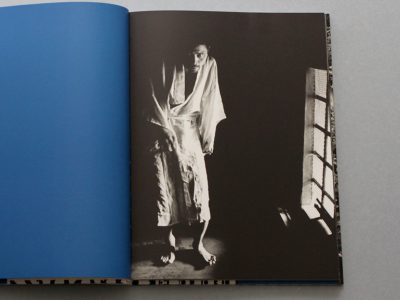
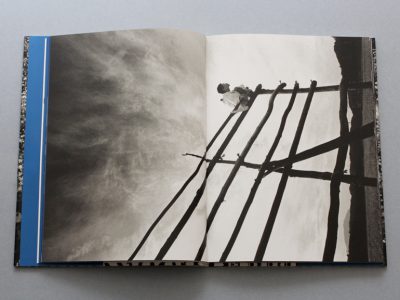
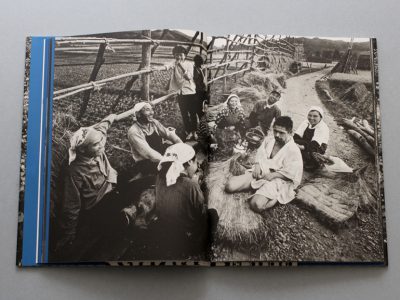
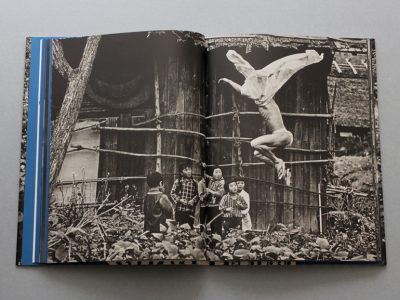
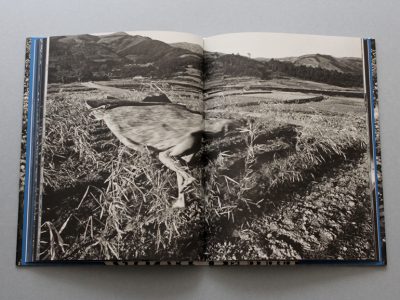
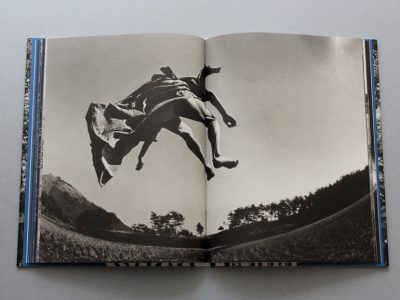
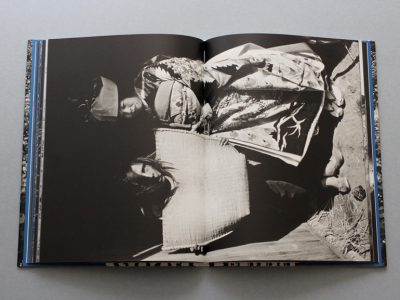
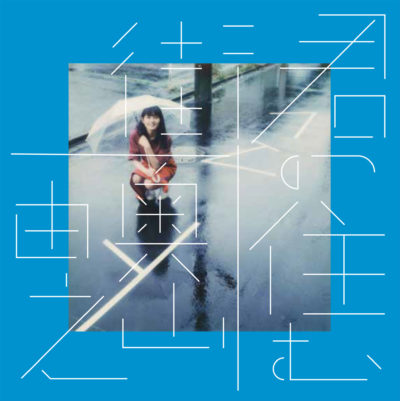
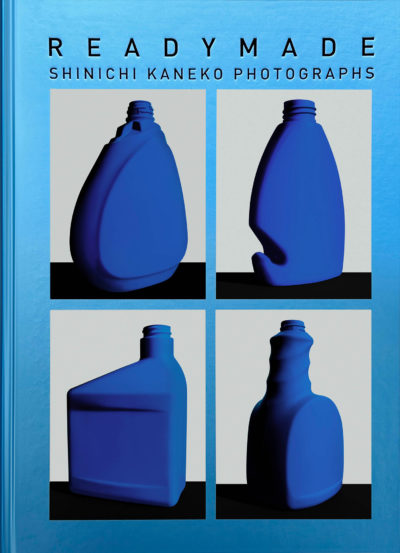
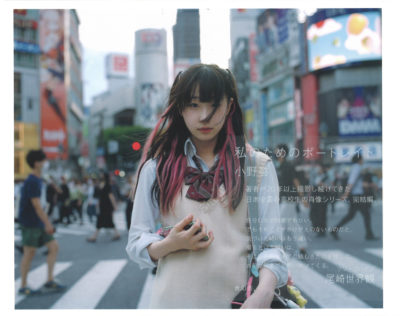

Kamaitachi was born in 1969 out of a powerful collaboration between photographer Eikoh Hosoe and Tatsumi Hijikata, the originator of Butoh dance. The work follows Hijikata as he carries out dynamic impromptu performances in Tokyo’s Sugamo and Katsushika districts and an old farming village in northern Japan; Hosoe responds to the dancer’s pulsating body and spirit and to the repercussions generated by encounters with local residents, capturing with an ever more penetrating gaze the feel of the land and the eroticism of life and death. Kamaitachi is the name of a legendary weasel-like creature, and true to the folkloric air of its title, this collection of singular monochrome images immortalizes a Japan that once was.
This expanded edition adds eight new works to the limited reprint issued by Seigensha in 2005 based on the original Gendai Shichosha edition.
With essays and poetry by Shuzo Takiguchi, Donald Keene, and Toyoichiro Miyoshi
Title lettering by Mutsuo Takahashi
Book design by Ikko Tanaka
Eikoh Hosoe (1933–) is a photographer of international stature who for over half a century has pursued psychologically driven images imbued with a deep and distinctive beauty. Man and Woman, produced in 1960 at a time of nationwide social protest in Japan, bared the tension between the sexes in a dramatic study of contrasts that elevated nude bodies to art. Three years later came Ordeal of Roses, a vision of a sensual and baroque world shaped in collaboration with novelist Yukio Mishima; his second collaborative effort, this time with the dancer Tatsumi Hijikata, led to Kamaitachi in 1969.